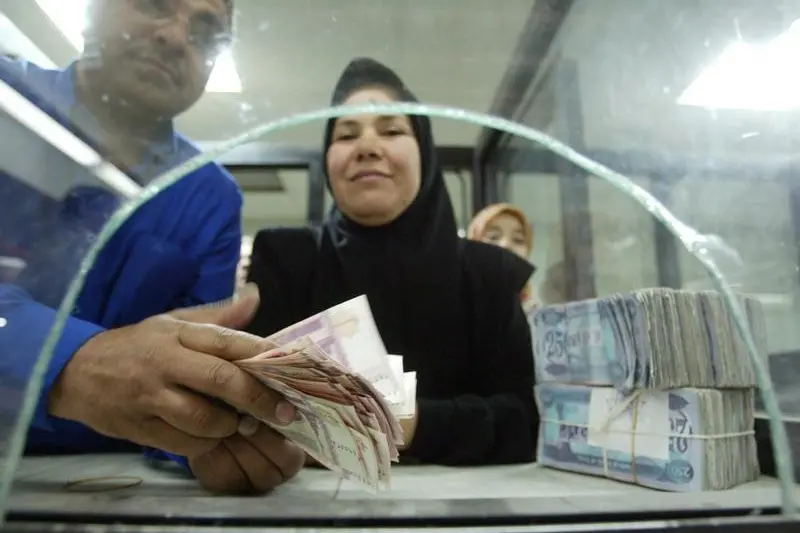PHOTO
Sunday, Nov 22, 2015
Dubai: Deteriorating economic environment in Oman resulting in recent downgrade of sovereign credit is getting reflected in ratings of Omani lenders.
Multi-year low oil prices are expected to result in large fiscal and current account deficits in Oman starting this year. Last week rating agency Standard & Poor’s has lowered its long-term local and foreign currency sovereign credit ratings to ‘BBB+’ from ‘A-’ with a negative outlook.
For 2015 the government projects a budget deficit of 2.5 billion Omani rials, equivalent to 8 per cent of GDP, due to increasing current expenditures and decline in oil prices. Budget assumes oil production of 990,000 barrels per day; oil price of $75 (Dh275.3) per barrel; and 5 per cent real GDP growth.
Analysts say under the current oil price scenario many of these assumptions are highly optimistic in the context of significantly high budget breakeven oil price of $105 against the projected average price of $55 for the year 2015, leading the way to a significant widening of fiscal deficit.
According to data from S&P, Oman posted a budget deficit of 2.68 billion rials ($7 billion) during the first eight months of 2015 (about 16 per cent of GDP estimated over the same period), compared with an 205.7 million rial surplus (about 1 per cent of GDP) reported for the same period a year earlier. In the first eight months of this year, government revenues fell by 36 per cent compared with a year ago, as oil proceeds declined by 46 per cent.
Rating agency Moody’s has recently downgraded Omani banks’ rating outlook to negative from stable, reflecting the softening operating environment for banks in the context of low oil prices. The negative outlook also reflects Oman government’s weakening capacity to support the banks in case of need. “Our negative outlook on Oman’s banking system primarily reflects the softening operating environment for banks in the context of low oil prices. While we believe the Omani authorities will sustain counter-cyclical expenditures, we also anticipate an increasingly selective and measured approach to public spending that will contribute to a mild economic slowdown,” said Mik Kabeya, Analyst at Moody’s.
The rating agency expects credit growth to slow down to a rate of 7 per cent to 9 per cent throughout the remainder of 2015 and in 2016, from 11 per cent in 2014. While government spending is expected to moderate, Moody’s forecasts real GDP growth to slow to an average of 2 per cent to 3 per cent per year until 2019, from an average of 4.9 per cent between 2005 and 2014.
“We expect a moderate impact on asset quality” said Kabeya. “Non-performing loans are expected to increase to around 3 per cent of gross loans in 2016, up from 2.3 per cent in 2014,” he said.
Omani banks’ relatively high borrower and real-estate sector concentrations will continue to pose a downside risk to the asset risk performance. However, the banks’ solid capital buffers will counterbalance the asset risk pressures.
“The overall funding dynamics in the region are changing as a consequence of persistently low oil prices” said Khalid Howladar, Senior Credit Officer based in Dubai.
“We expect the Omani banks to increasingly rely on more costly and confidence sensitive market funding to support credit growth, despite remaining primarily deposit funded,” he said.
On funding front, Moody’s anticipates a reduction in the flow of deposits from the government and government related issuers (GRIs), although these entities have thus far remained the largest depositors in the system (35 per cent of deposits as of June 2015).
Profitability is expected to decline marginally into 2016, reflecting the balance between negative and positive pressures. Factors expected to pressure the profitability will be a lending rates erosion, higher borrowing costs, rising expenses and marginally higher loan-loss provisioning.
“Omani authorities’ capacity to provide financial support to the banks in case of need is weakening, despite authorities’ continued willingness to do so. Our negative outlook on the sovereign rating reflects the government’s weakening capacity, said Kabeya.
By Babu Das Augustine Banking Editor
Gulf News 2015. All rights reserved.





















